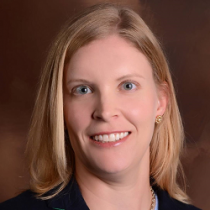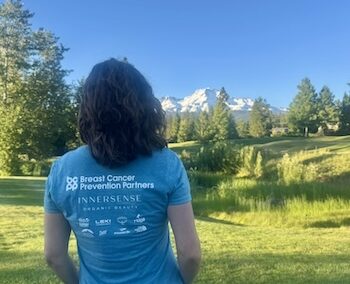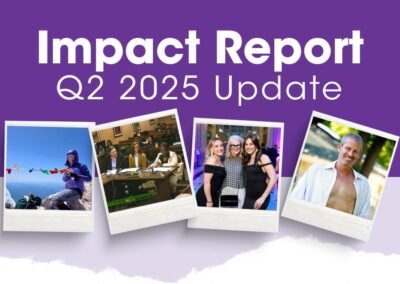Interview with BCPP Chief Scientist Dr. Sharima Rasanayagam by Volunteer Andrea Dannenberg
I know, you don’t want me to say it. You enjoy wine with dinner. And those Happy Hour cocktails. I get it: drinking is a huge part of our culture. And maybe you’re someone who is drinking more during the pandemic. But, what’s the health cost? I sat down with BCPP’s Director of Science Dr. Sharima Rasanayagam to discuss drinking alcohol and breast cancer risk. Check out our short video where she explains why drinking increases breast cancer risk and how we can all reduce that risk. See full video transcript below.
See the full video transcript below.
Our latest Factsheet summarizes the links between drinking alcohol and breast cancer risk. BCPP’s Paths to Prevention: The California Breast Cancer Primary Prevention Plan identifies alcohol consumption as one of 23 risk factors for developing breast cancer. When comparing drinkers to non-drinkers, studies found a 22% increased risk of breast cancer for those who drink. Another study estimated that 8% of breast cancer diagnoses are due to alcohol consumption. The research is also pretty clear that the more we drink, the greater our breast cancer risk. You can read more about the research in the Glossary of Exposures page on Alcohol. Here are some tips to consider to reduce breast cancer risk from alcohol for yourself and those you love.
Have One Less Drink
If I told you not to drink ever again, would you listen? Probably not, right? So instead, I’m going to suggest that you have one less drink. Maybe that means having one less drink tonight. Or maybe that means having one drink less over the course of this week or this month. Whatever that means for you, do it. Any reduction in alcohol consumption will reduce your breast cancer risk.
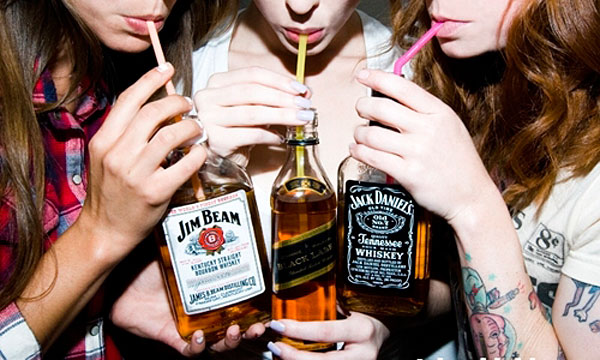
Avoid Binge Drinking
Binge drinking (four or more drinks at one time) is common, especially among young people. Breast cancer risk is just one of the negative effects of binge drinking. Binge drinkers have a 29% higher risk of breast cancer compared to those who have low levels of drinking. So, when you choose to drink, please try to limit your consumption.
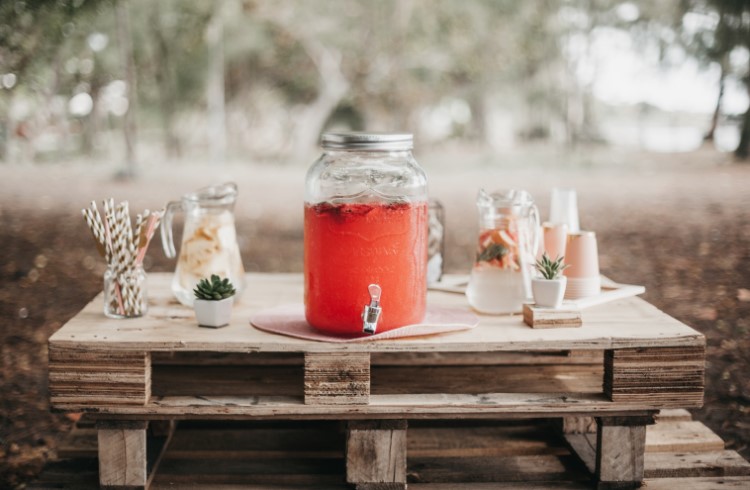
Be an Ally
We have all been at social gatherings where someone passes on a drink. How often do we hear people make a joke and reoffer or ask why they aren’t drinking? Maybe you’ve done it, too. “Oh, come on, just one drink!” Next time, be mindful that people don’t drink for many reasons—religion, health, personal or family history of addiction, etc. They don’t owe an explanation. Be supportive. Instead, if you’re hosting a social event, have plenty of non-alcoholic options available for your guests. Or consider not offering alcohol at all. A mocktail, juice, coffee or hot chocolate bar can still make an event feel special without the health risks. And, if you’re a guest, reconsider bringing alcohol to share.
Learn More
You can read more about the alcohol consumption and breast cancer risk on BCPP’s webpage on the topic. The folks at the Alcohol Research Group (ARG) of the Public Health Institute created an easy to understand website addressing this topic. You might also check out their posts on social media using #drinklessforyourbreasts. This page from the National Institute of Health also provides some tips on how to reduce your alcohol consumption.
Video Transcript
Andrea (00:02): Hello, we’re here today to talk about breast cancer risk and alcohol. My name is Andrea Dannenberg and I’m a volunteer with BCPP.
Sharima (00:11): Hi, Andrea and everybody out there. I’m Sharima Rasanayagam and I am the Director of Science at Breast Cancer Prevention Partners.
Andrea (00:19): So my first question for Sharima is a doozy. Does drinking alcohol cause breast cancer?
Sharima (00:27): All right. Well, for one thing, I never say that something causes breast cancer. I will say unfortunately, drinking alcohol does increase your risk of a breast cancer diagnosis. There’s a really large body of evidence and multiple studies showing that women who drink alcohol are more likely to be diagnosed with breast cancer than those who do not. And that the more you drink, the higher your risk. The good news is that any reduction in alcohol consumption reduces your risk of breast cancer. But as I say, the reason I don’t ever say that something causes breast cancer is that breast cancer is what we call a multifactorial disease. There’s no single thing that causes any cancer and a really important that nobody blamed themselves for their own cancer diagnosis. So there are lots of risk factors that add up that can result in a diagnosis, and these can include genetics and family history, diet and exercise, environment and environmental exposures linked to the disease. And then some of these are totally out of our control. Some we can make individual decisions about and some we need to work collectively to address, which is something that BCPP really focuses on.
Andrea (01:44): Great. Well, thank you for that explanation. That’s really helpful. Can you give us a very layman’s explanation of why drinking alcohol increases breast cancer risk?
Sharima (01:57): Well, so what we’ve seen is associations between drinking alcohol and, and increased rates of breast cancer. And a lot of research has gone into what might be these mechanisms. And there’s a few that have really come to the fore. First of all, when we drink alcohol, our body breaks it down into what’s called metabolites, and the main one is acid aldehyde. And that is actually a carcinogen, which is a chemical that is known to cause cancer. So it’s these toxic metabolites of alcohol are a real issue. The other thing specifically for the breast cancer is that drinking alcohol also increases a woman’s estrogen levels in their body. And we know that higher levels of estrogen have been linked to increased risk of breast cancer, particularly, estrogen receptor positive breast cancers. And then there’s, a little bit, there is some concern over folate levels because when you drink alcohol, it’s more difficult for your body to absorb folate from, from your diet, like leafy green vegetables and stuff. And there’s emerging evidence of that may also be linked to increased cancer risk.
Andrea (03:08): Wow. So that’s pretty complicated, but I’m glad that you could break it down for us into a little bit more understandable language. What can women do to reduce their alcohol-related breast cancer risk?
Sharima (03:21): Well, you can reduce your intake of alcohol. The less you drink and it’s been shown that the less you drink the lower your risk. There are emerging research looking at binge drinking and seeing that that might be even worse than, than regular drinking. But as much as you can do to minimize your intake of alcohol, that will decrease your alcohol-related risk of breast cancer and, and a bunch of other health effects.
Andrea (03:47): Okay. So knowing what you know about alcohol and breast cancer risk, do you drink alcohol?
Sharima (03:53): I do, but very occasionally. And I must admit since doing, since starting in this job and seeing the information on alcohol, I have really reduced my intake of alcohol. I do not drink now regularly or, or normally, but I still do have a glass of wine on a very special occasion.
Andrea (04:13): Great! Well, thank you so much for sharing your knowledge with us today and addressing this really important topic.
Sharima (04:19): Thank you, Andrea.

